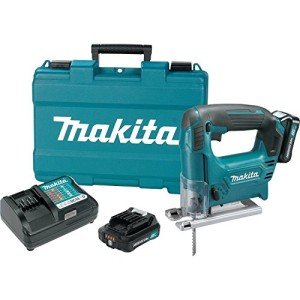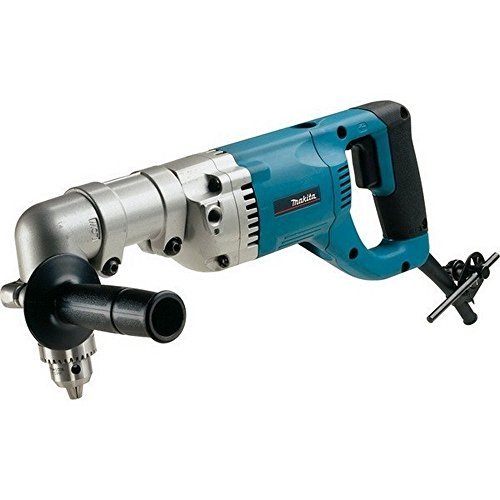Mitering Saw Tools To Improve Your Daily Lifethe One Mitering Saw Tric…
페이지 정보

본문
The Comprehensive Guide to Mitering Saws: Your Essential Carpentry Companion
When it comes to woodworking and carpentry, having the right tools is crucial for achieving precision and effectiveness. Among the myriad tools available, the Mitering Saw (www.keeperexchange.org), typically described as a miter saw, stands out as an essential instrument for both experts and DIY lovers. This article dives into the complexities of mitering saws, including their types, features, common applications, upkeep pointers, and answers to often asked questions.
What is a Mitering Saw?
A miter saw is a Power Miter Saw tool used to make precise crosscuts and miters in a workpiece. It runs by rotating a circular blade downwards onto the product to make accurate cuts at specified angles. This tool is indispensable for tasks that require accuracy in cutting angles, such as framing, molding, and cabinetry work.
Secret Features of Mitering Saws
Mitering saws included a variety of features that enhance their performance. Below is a table summarizing some common features:
| Feature | Description |
|---|---|
| Blade Size | Typically varies in between 8 inches and 12 inches. Bigger blades can cut thicker products. |
| Miter Angles | Usually adjustable from 0 to 50 degrees in both instructions, permitting flexible cuts. |
| Bevel Functionality | Numerous models provide single or double bevel alternatives, allowing angled cuts on both sides of the workpiece. |
| Laser Guide | Supplies a visible line for precise cuts, enhancing precision and reducing errors. |
| Dust Collection Port | Developed to assist lessen debris and enhance workspace cleanliness. |
| Safety Features | Includes functions like electric brakes and security guards for user defense during operation. |
Kinds Of Mitering Saws
Mitering Mitre Saws For Sale can be classified into 3 primary types, each serving different cutting requirements:
Standard (Chop) Miter Saw: The the majority of standard type, it permits simple crosscuts and angled cuts. Nevertheless, it does not have the capability to bevel, which limits its adaptability.

Compound Miter Saw: This type can tilt to develop angled cuts on one side (single bevel). It's ideal for cutting crown moldings and other ornamental products.
Sliding Compound Miter Saw: The most versatile choice, it includes a sliding arm that allows the blade to move back and forth. This enables users to cut larger products without having to rearrange them.
Here's a concise comparison of these types:
| Type | Bevel Capability | Sliding Capability | Best For |
|---|---|---|---|
| Requirement Miter Saw | No | No | Standard crosscuts and angled cuts. |
| Compound Miter Saw | Single Bevel | No | Crown molding and Small Mitre Saw trim work. |
| Sliding Compound Miter Saw | Double Bevel (some models) | Yes | Wide baseboards and larger workpieces. |
Typical Applications of Mitering Saws
Miter saws are incredibly versatile and discover applications in different domains:
- Framing: Constructs walls, roofs, and other structures.
- Molding: Cuts various sizes and shapes for trim and decorative accents.
- Cabinetry: Accurate cuts for door frames, shelving, and cabinets.
- Floor covering: Ensures accurate cuts for wood, laminate, and tile floor covering installations.
Upkeep Tips for Mitering Saws
To extend the life expectancy and efficiency of a miter saw, correct maintenance is essential. Here are some essential upkeep pointers:
Regular Cleaning: Remove collected dust and particles after each usage, specifically from the blade and surrounding areas.
Blade Maintenance: Inspect the blade for dullness and nicks. Frequently hone or replace it to keep cutting performance.

Lubrication: Apply lube to the pivot points and sliding systems to guarantee smooth operation.
Calibration: Periodically check and adjust the miter and bevel settings for accuracy.
Examine Cords and Connections: Ensure that power cords are intact and connections are safe and secure to avoid electrical hazards.
FAQ: Mitering Saws
1. What is the distinction in between a miter saw and a table saw?
Miter saws make angled cuts and crosscuts at particular lengths, while table saws are mostly utilized for straight cuts on bigger sheets of material. Miter saws are more portable and perfect for precisely angled cuts.
2. Can I utilize a miter saw for rip cuts?
While it's technically possible to carry out rip cuts on a miter saw, it's not recommended. A table saw is created particularly for rip cuts and will provide more precision and security.
3. What size miter saw should I pick?
The size of the miter saw must depend upon the tasks you plan to carry out. For basic usage, an 10-inch design will be sufficient, while specialists or those working on larger tasks may choose a 12-inch model.
4. Are miter saws safe to utilize?
Yes, miter saws are safe when utilized correctly. Constantly follow the producer's guidelines, use suitable security equipment, and use the saw's security functions.
5. How can I guarantee exact cuts with a miter saw?
To accomplish accurate cuts, guarantee your material is securely protected, utilize a sharp blade, calibrate your miter and bevel settings before usage, and follow a constant cutting technique.
The mitering saw is a fundamental tool that every woodworker need to have in their toolbox. Whether you're an amateur taking on your first DIY project or a seasoned professional dealing with complex styles, understanding the performance and upkeep of mitering saws can substantially boost your craftsmanship. By picking the right type of saw for your requirements and sticking to best practices for upkeep, you can ensure success in your woodworking ventures.
- 이전글파워볼배팅 [원탑보증.com/가입코드 111] 바카라마틴 25.10.28
- 다음글비아그라처방개수 시알리스 파는곳 25.10.28
댓글목록
등록된 댓글이 없습니다.

